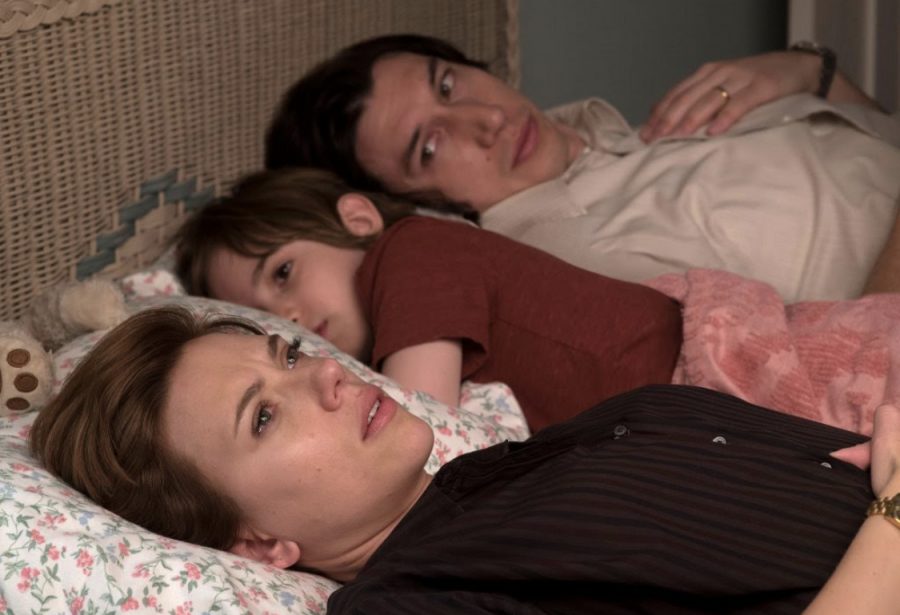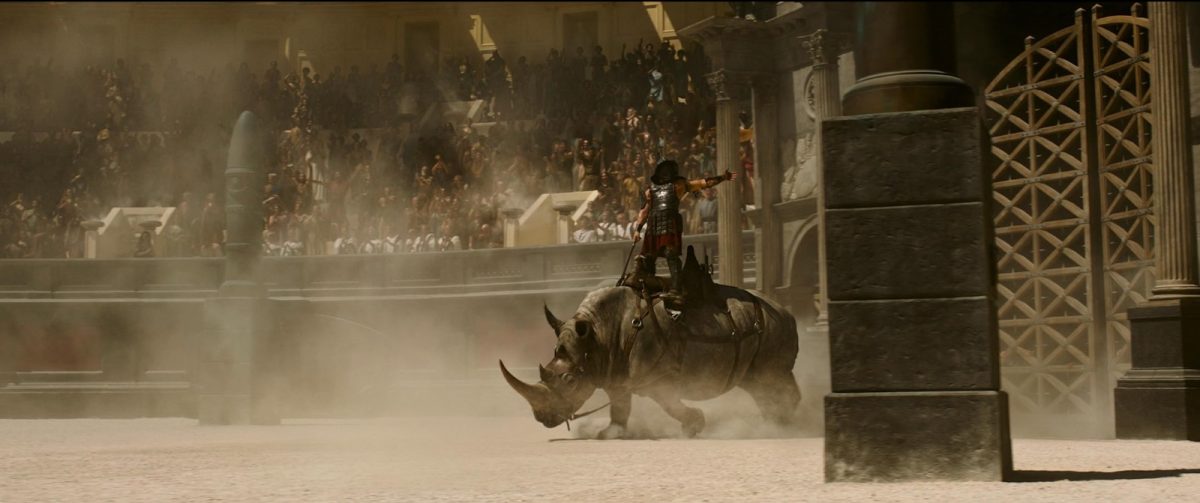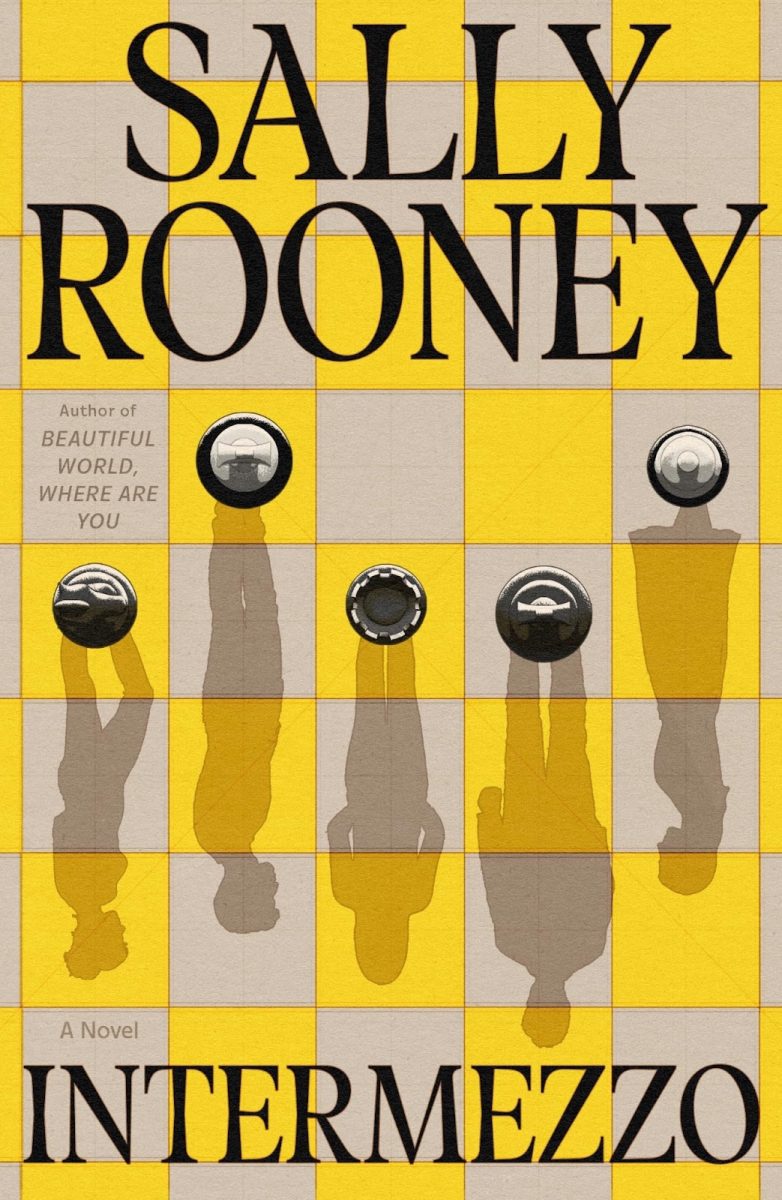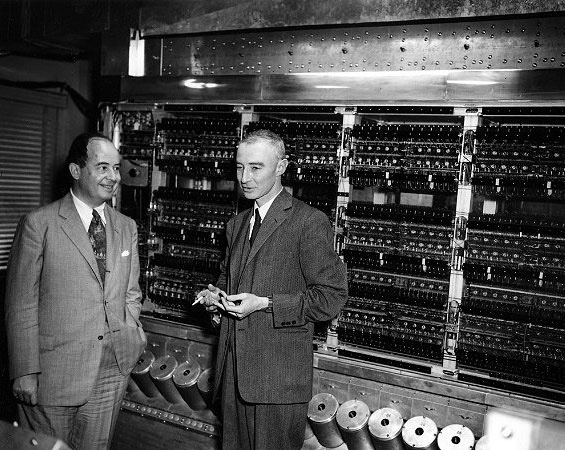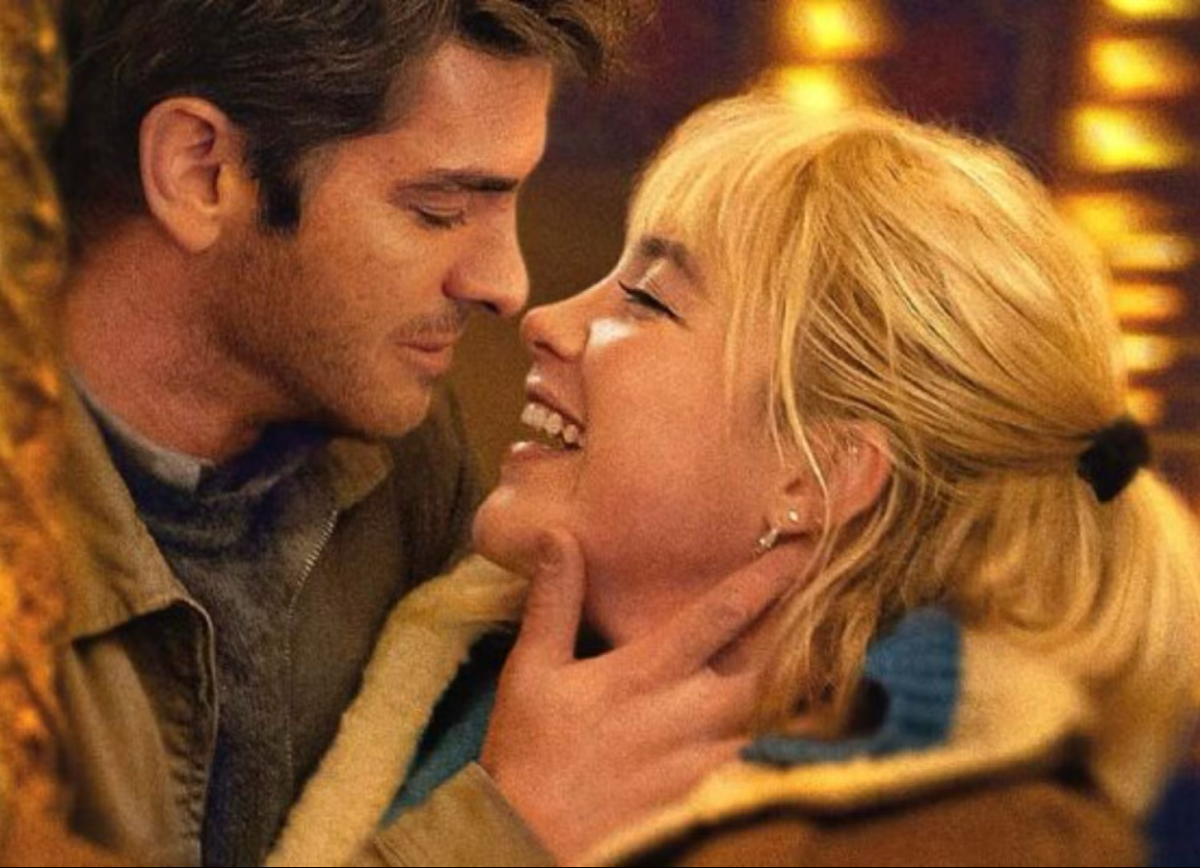Having never been through a divorce (or, at 22, had even the faintest whiff of marriage), I feel like somewhat of an imposter reviewing a film so intimately about that very thing. Though I could tell of the psychological injury inflicted by a parental split, since most of my friends experienced it — the callousness, destroyed self-confidence, grand rebellion — Marriage Story, Noah Baumbach’s new film, echoes out of slim context into the sinewy, subjective world of simple being — sometimes together, sometimes apart, often in a sticky space between. I can only say, as Philip Roth says in The Human Stain, that “the jumble, the mess, proved itself more subtle than this one’s ideology or that one’s morality,” or, I would add, any single persons projection of runaway love. As a character in the film says, “It’s not as a simple as not being in love anymore.”
Baumbach has always been an inveterate listener, mining life’s soundscape to create uniquely resonant voices. One knows that Jesse Eisenberg in The Squid and the Whale will never read A Tale of Two Cities if only because his dad (Jeff Daniels) tells him it’s “minor Dickens.” When his mother (Laura Linney) urges him to read it for himself, we know Eisenberg’s unfailing admiration for his father, and the desire for his hand-me-down intellect, will trump his mother’s delicate suggestion. Baumbach loves interplay, the unnoticed choreography of selves that simultaneously dance around and permeate one another. The director takes words and gives us surface and subtext at once (while revealing how one often betrays the another), and in doing so creates a world vibrating with ellipses, where meaning squeezes out from the subtle collapses or snap renovations of self. Baumbach brings us right up against life’s edge, and through its vertiginous, visceral energy, in his colloquial mode, makes his ellipses into art.
Marriage Story, written and directed by Baumbach, and released on Netflix, lives as another perfectly-tuned, insular universe. Characters feel as large as life, blotting out everything, except their own voices. Like most all Baumbach’s films, this one feels like a nucleus, where characters slowly reveal and deny themselves (often to themselves), suppress or grimace through life’s accumulated humiliations, and come out the other side damaged but probably alright. It doesn’t really need much explication. Adam Driver and Scarlet Johansson, once married, maneuver through a complicated, gradually-inimical-then-eventually-amenable divorce, and Baumbach takes us through all the beats with an originality, sincerity and verve that make the film minor canon when it comes to observing marriage travails. The title tells all, and the material seems readymade for Baumbach’s articulate presentation, one that places individuals under a microscope and watches them squirming along the human continuum, fluttering our heart strings with levity and gravity.
Having just watched Abbias Kairostami’s Certified Copy, about another fraying couple (Juliette Binoche, her ample genius waterlogged by a stoic William Shimell), Baumbach’s tittering, earth-bound affair felt like a burst of energy. Kairostami’s film combines the rough-hewn, jazzy ambling of Linklater’s Before Trilogy with the meditative weight of Wallace Shawn and Andre Gregory’s My Dinner with Andre. Interestingly enough, Shawn appears in Marriage Story as an old, narcissistic Dionysian, as existentially interesting as oatmeal. Perhaps Baumbach wished to set up humorous dialectic between the two films. If so, Shawn’s presence gives Marriage Story a welcome, agonistic touch, since the film is a kind of athletic sibling to Andre, interested in exploring acrobatic dialogue and colloquial rhythm instead of pushing waves of philosophy from the screen. If Andre is like reading, Marriage Story is like dancing. And, too, the instances of deep thought in Certified Copy often come laden with a glaze of the abstruse and irreducible. Kairostami’s film floats philosophy toward us with the hope of indefinite thought; Baumbach’s film has more of a tornadic, sing-along spirit, a springy presence that never abstracts the viewer out of its intense machinations, and instead allows us to spin plausible occlusions along with the characters themselves.
As the divorce lawyers in Marriage Story illustrate, hate is much easier to articulate than love. The trio of juridical critters consists of Laura Dern, Alan Alda (hired initially for his standalone compassion for Driver, and later canned for getting subsequently — and somewhat amiably — bowled over for it) and Ray Liotta. The first joint mediation, with Alda and Dern, has a mid-meeting lunch break that will twist you into a fit. Later, when Driver resorts to Liotta, his “own asshole,” as he says, the mediation mutates into a full-blown fracas. Dern (a fit-bit, celebrity attorney lathered with smarm) and Liotta (looking like an angry, flocked Christmas tree, and yet still delivering(!), are the rhetorical warriors of the couple’s now-internecine divorce process. Each twisted anecdote, verbalized by the lawyers, blooms on Driver and Johansson’s faces in a collage of shame and humiliation. The inane spun into character assassination becomes a penetrating example of divorce’s ability to distill relational complexity into venom, and perverting people’s intimate moments into a pathogen aimed at infecting perception remains tragic, no matter how many times we’ve seen it.
Liotta tells Driver early on that divorce lawyers show good people at their worst, which might as well be the banner on the film’s poster. The puritanical binary of good-and-bad, twisted by intellection and artifice, shows the true impossibility of injecting the nuances of love into Manichean law. There’s a scene with a government inspector, come to observe Driver with his son for the evening, that feels like a perverse form of human sacrifice, where we can do nothing but sit there like Malcolm McDowell, Clockwork Orange-style, with our eyes peeled wide to witness Driver’s tortuous suffocation. The inspector’s presence, and her a voice, slugged with molasses, limps across the sequence as she searches for holes in Driver’s parenting (holes that, for any human being, are inevitably there). “I’m easy,” she says, when Driver offers her a drink and she takes a water.
Marriage Story tells us it’s easy to be alone, and says it can be tempting stay that way, to shun the irreducible, intimate lashings of love. But, as Driver sings near the end, “alone is alone, not a life.” To love is to know someone too well, particles of knowledge accumulating in a collective falling-forward toward beauty. It becomes a will toward something ephemeral, birthed from registered gestures, manners and the fickle notes of another’s subjective song. Love forms as an aspiration, toward an infinite, often impossible feeling realized through tiny, masked astonishments. Everything’s like everything in a relationship, Johansson says, the blending so deep, so irreducible to lists and describable only through anecdotes that can always be misconstrued. A constellation of qualities collect into our partner’s art; it’s sincere, if only because it can be so feverishly misguided and misunderstood, since we so often misunderstand each other in life. But, to channel Roth again, life isn’t about getting each other right. It’s quite the opposite.



